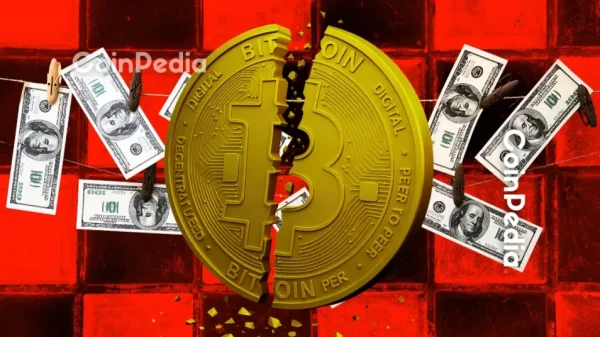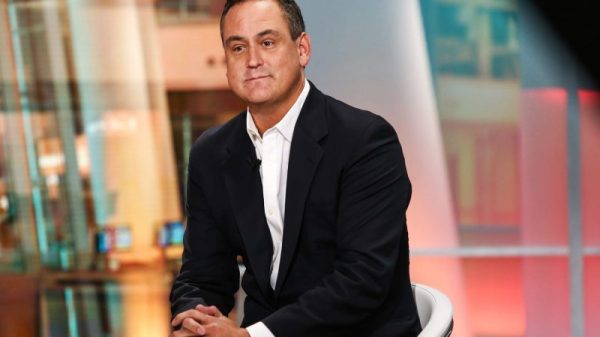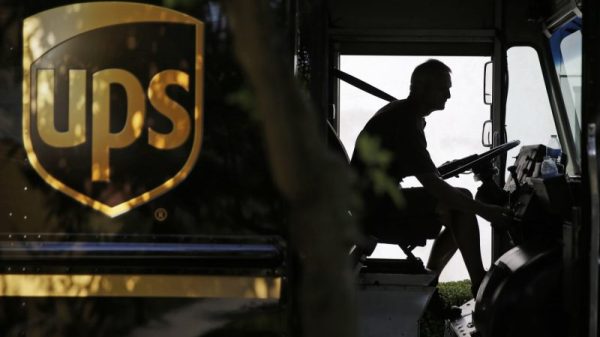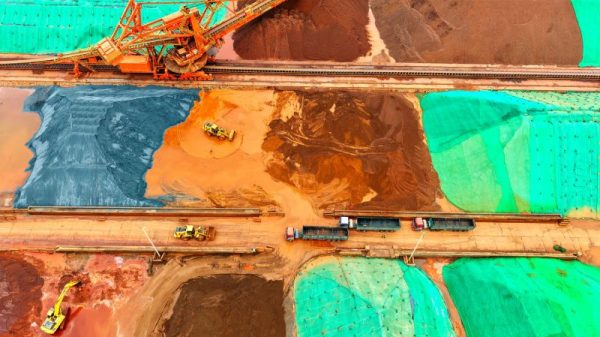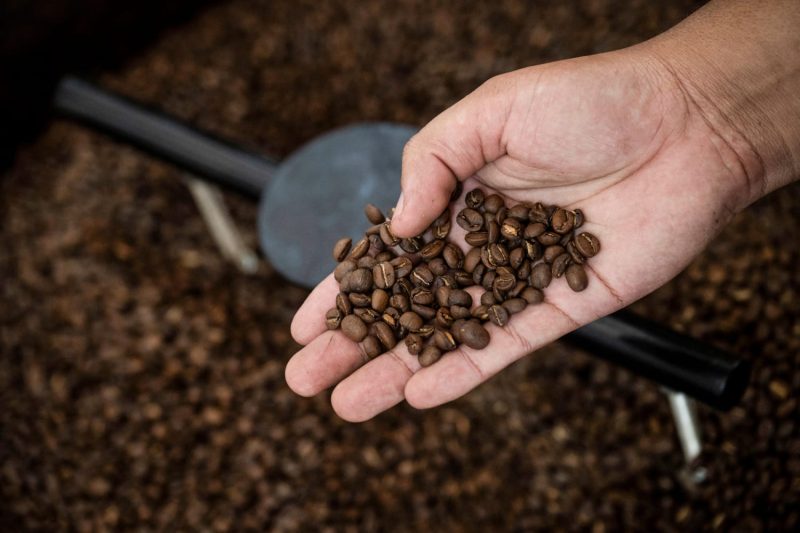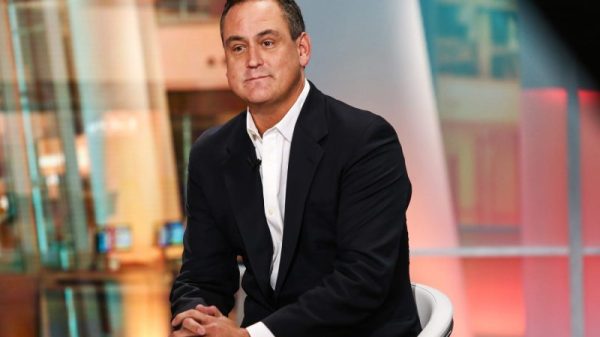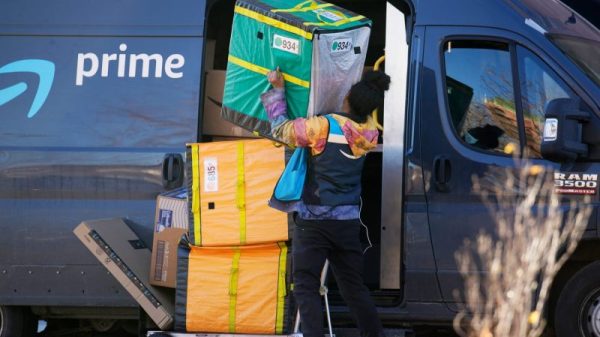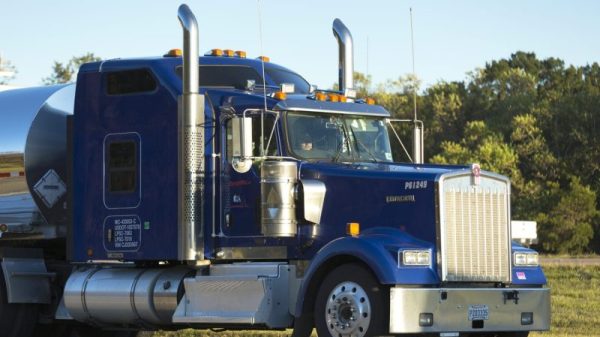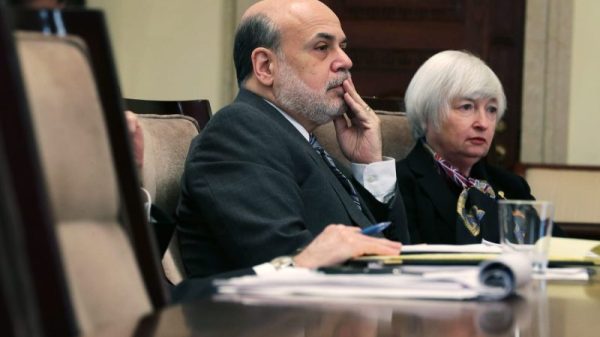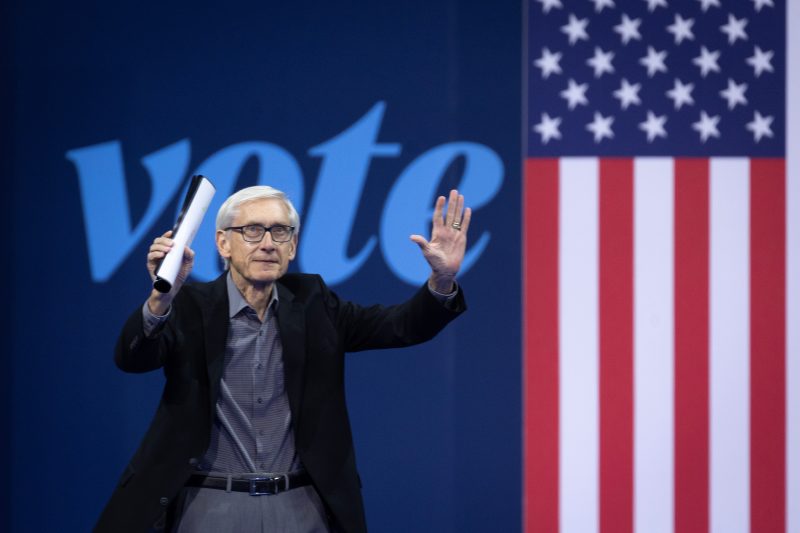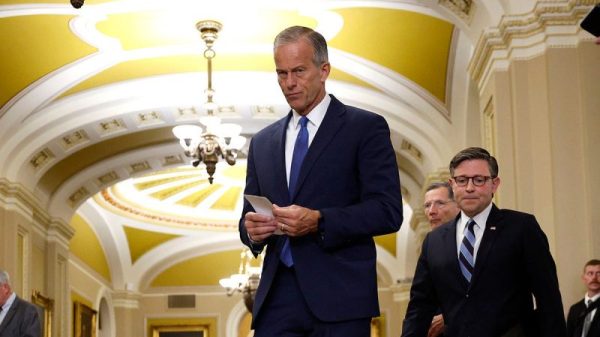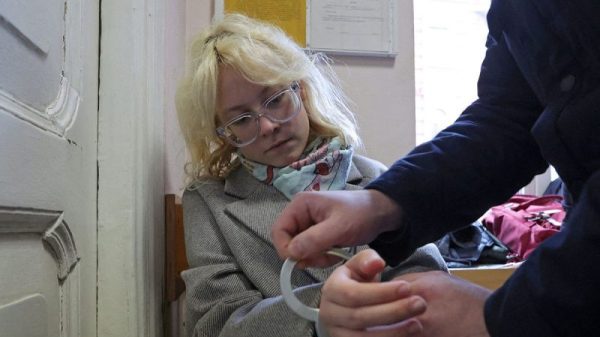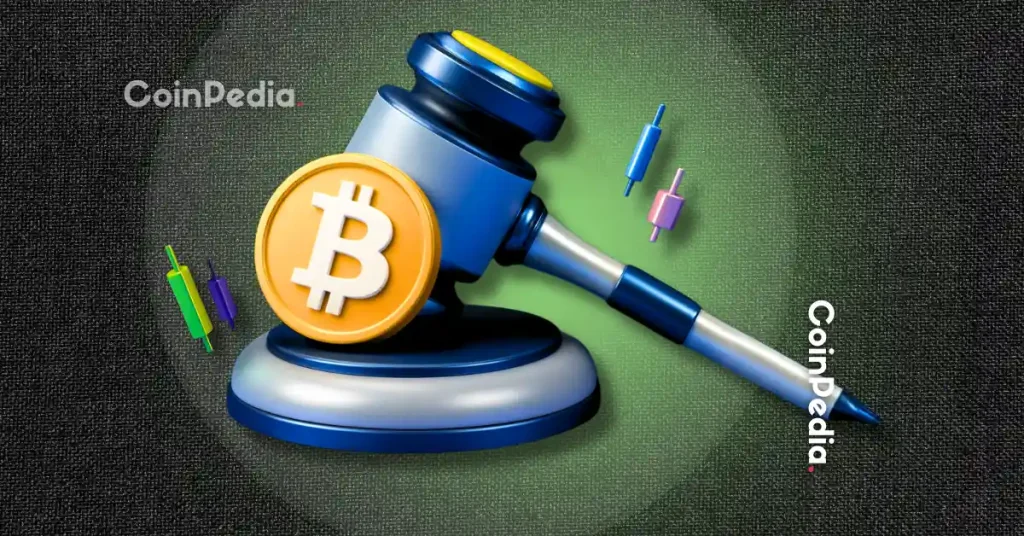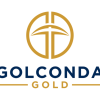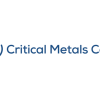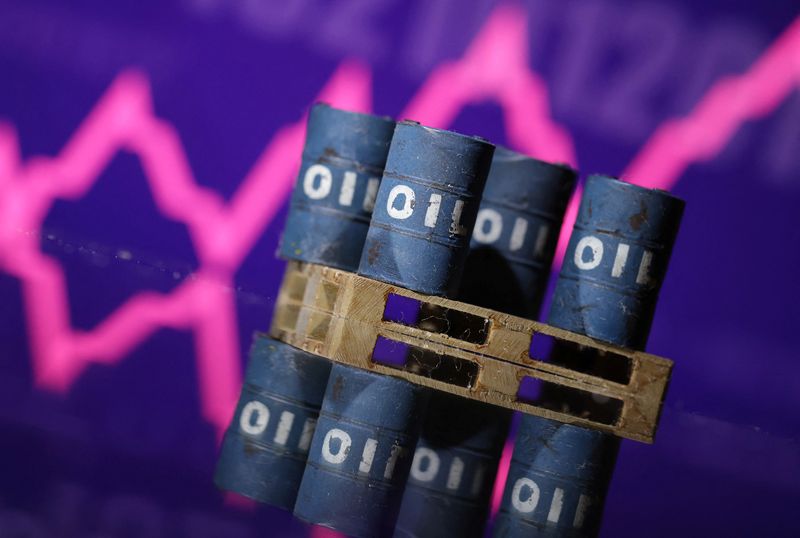The post France Hits Binance and Crypto Giants with AML Checks as EU Rules Tighten appeared first on Coinpedia Fintech News
France is taking a hard look at cryptocurrency firms.
Dozens of exchanges, including big names like Binance and Coinhouse, are under closer scrutiny as French regulators step up anti-money laundering (AML) inspections.
The goal is to figure out which of the 100+ crypto service providers in the country will get the MiCA license, the EU pass that lets companies operate across all 27 member states.
Binance and Coinhouse in the Spotlight
Sources say ACPR, France’s prudential supervision authority, began these checks late last year. The inspections focus on compliance, risk controls, and anti-money laundering procedures.
Last year, Binance was specifically told to “strengthen its risk controls,” which can include hiring more compliance staff or improving IT security.
“Periodic onsite inspections are a standard part of the supervision of regulated entities,” Binance said. Both ACPR and Coinhouse declined to comment.
While these checks may sound standard, they carry real consequences. Failing to meet the regulator’s expectations could affect a company’s ability to secure a MiCA license in France.
MiCA Licensing: A Tight Timeline
MiCA allows licensed crypto firms to operate across the EU. In France, companies have until the end of June 2026 to get approval. So far, only a few have made it: fintech firm Deblock, crypto platform GOin, bitcoin savings app Bitstack, and CACEIS, owned by Credit Agricole.
The ACPR shares inspection findings with France’s Financial Markets Authority (AMF), so MiCA compliance is the gateway to EU-wide operations.
Also Read : Crypto Regulations in France 2025 ,
Blacklists Expand to Protect Investors
France is also acting against unauthorized operators. Last week, three new websites offering crypto services illegally – acc.accgn.com, acc.accgn.net, and elansyvor.fr – were added to the AMF’s blacklist. That brings the total blocked in 2025 to 22.
Investors should check the official whitelist before investing.
France Calls for EU-Wide Supervision
French regulators are pushing for more than national checks. Bank of France Governor François Villeroy de Galhau wants the European Securities and Markets Authority (ESMA) to directly supervise major crypto companies and tighten MiCA’s rules.
He highlighted stablecoins, saying: “This framework would benefit from the much stricter regulation of the multi-issuance of the same stablecoin within and outside the European Union, to reduce arbitrage risks in times of stress.”
Europe’s largest stablecoin issuer, Circle, uses this multi-issuance model for its $76 billion USDC token. Any change could ripple across Europe’s digital asset market.
What It Means for Crypto
Stricter oversight may feel heavy-handed, but it forces exchanges to operate transparently. For investors, it builds confidence. For the industry, it pushes the market toward maturity.
France’s inspections signal that crypto in Europe is entering a phase where compliance is non-negotiable.
Never Miss a Beat in the Crypto World!
Stay ahead with breaking news, expert analysis, and real-time updates on the latest trends in Bitcoin, altcoins, DeFi, NFTs, and more.
FAQs
MiCA is an EU license allowing crypto firms to operate across all member states. Companies in France must apply by 2026 to continue their services legally.
Always verify a platform against the official whitelist from France’s Financial Markets Authority (AMF) before investing to ensure it is authorized.
The goal is to strengthen anti-money laundering efforts and ensure consumer protection, creating a safer and more mature digital asset market for everyone.



